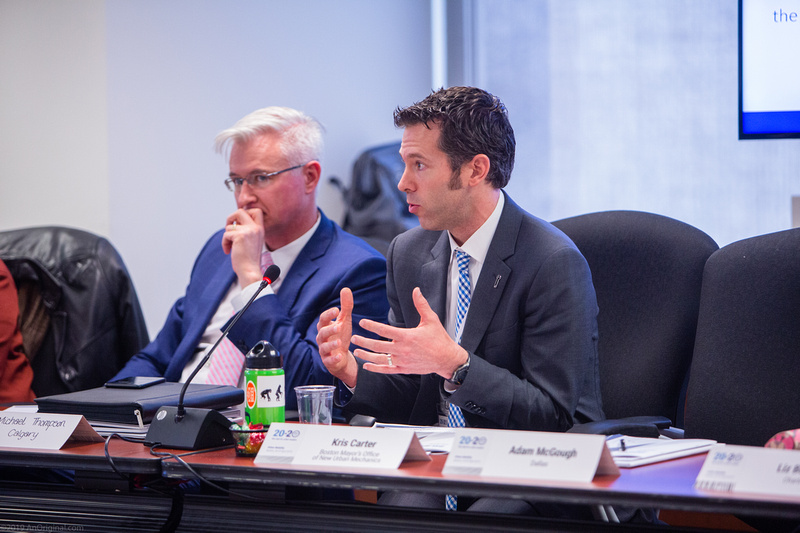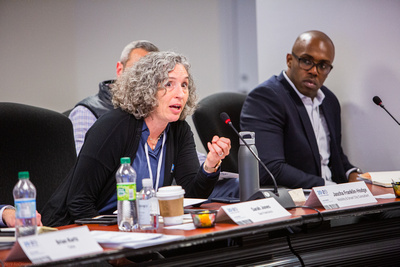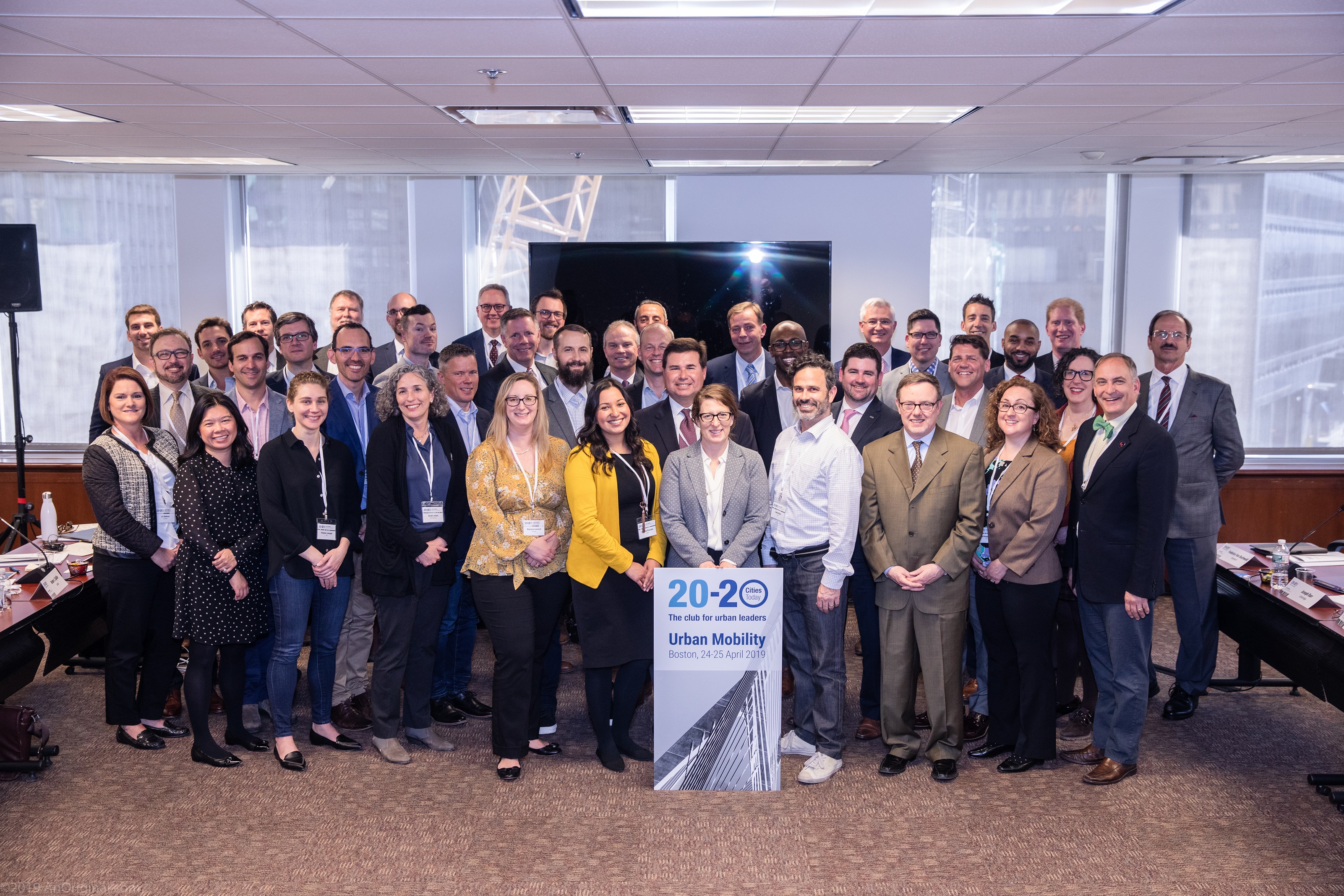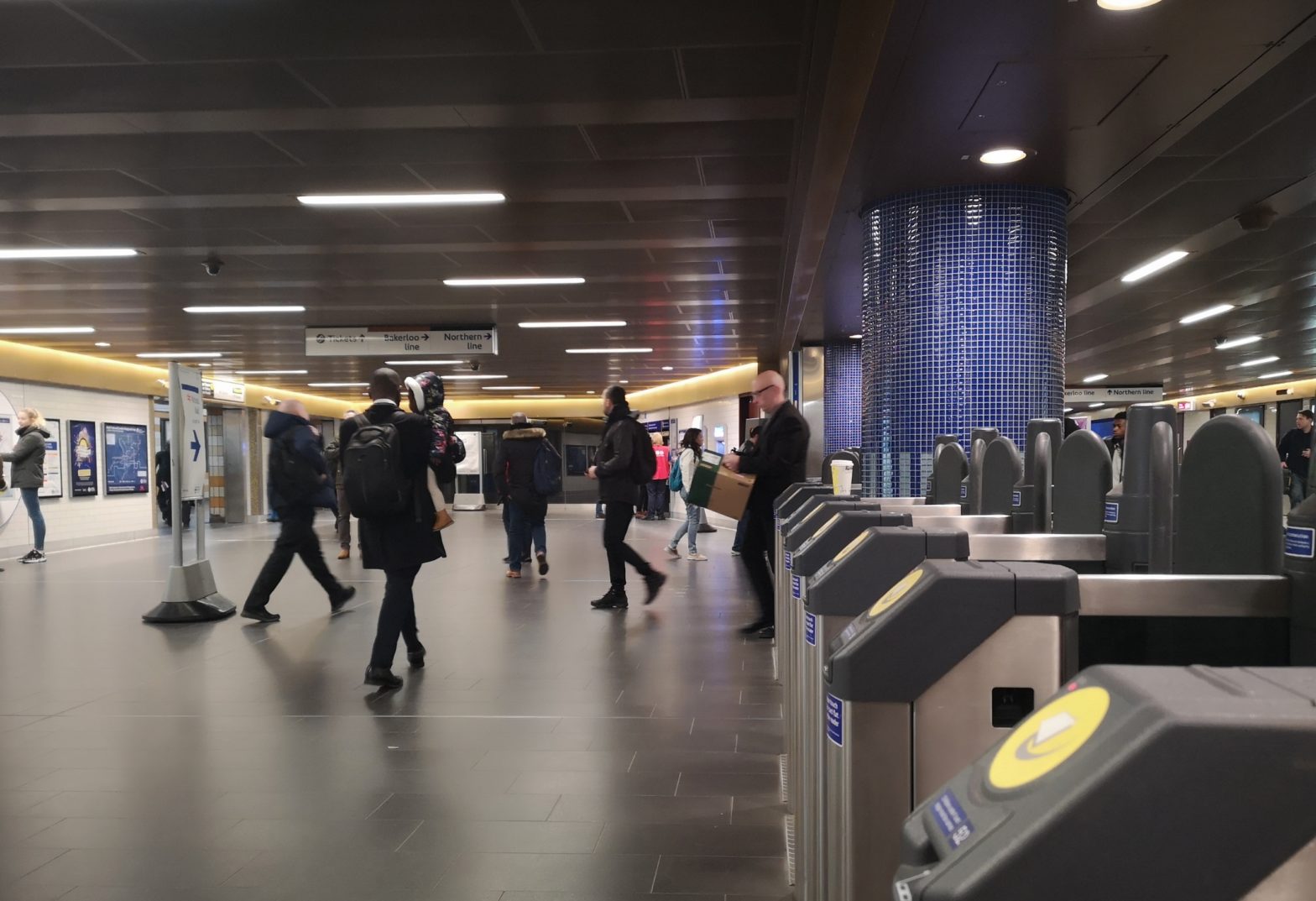
Photo: 76_3BA_8385055_3387155787_4
Boston uses cash to incentivise safer driving
30 April 2019
by Christopher Carey
Boston has launched the second edition of a competition to reduce traffic fatalities and accidents by providing cash incentives through a smartphone app which assesses driver performance.
The app, Boston’s Safest Driver, allows users who download it between May and July the chance to compete for prizes from a pool of over US$25,000, which was provided by Liberty Mutual Insurance.
Funding for the development of the project came from a Road to Zero grant from the National Safety Council.
Motorists who download the app are assessed on five metrics: speed, acceleration, braking, cornering, and phone distraction. The competition was first held in 2016, where a pool of US$4,500 in prizes was awarded to drivers with the highest scores.
Kris Carter, Co-Chair of the Boston Mayor’s Office of New Urban Mechanics, said: “We were thrilled with the feedback from people using the app to compete with their friends, family, neighbours and co-workers over ‘best driver’ bragging rights. It’s not just people driving safer on our streets; there is a real civic good that can come from the aggregated data generated. Once analysed, it could lead to very insightful transportation planning decisions.”
The app is part of the city’s broader Vision Zero strategy, which aims to eliminate all traffic fatalities and severe injuries by 2030 while increasing equitable mobility.
Since being devised in Sweden in the early 1990s, the strategy has been given a new lease of life by emerging technologies and the use of smart data. Many cities are now adopting it as policy, and was a central theme during the 16th 20-20 Cities Urban Mobility meeting held in Boston–convened by Cities Today.
Better parking and kerb management
A dynamic pricing model for parking in San Francisco was also presented during the meeting. The demand responsive pricing model called SFpark operates by a fluctuating price per space determined by demand. The pilot ran from 2011 to 2013 and affected 25 percent of the city’s metered spaces and garages.

It has now been rolled out across the city leading to increased local business custom, lower parking rates, decrease parking search time and decreased daily vehicle kilometres travelled.
“Finding ways to reduce the amount of driving and the number of trips people are taking by car versus others modes is our biggest issue, and we are always looking at policies that can affect this,” Sarah Jones, Planning Director at San Francisco Municipal Transportation Agency told Cities Today.
In addition to freeing up space, the project also ties in with San Francisco’s goal of lowering the amount of time people spend in their cars.
The rapid emergence of Transport Network Companies (TNCs) such as Uber, Lyft and Lime over the past five years also featured on the agenda, with companies such as Lyft calling for increased dialogue and cooperation with cities. This sentiment was echoed by many cities, albeit with desire to strike a fair balance between regulation and progress.
Twenty cities that took part in the two-day event included: Altamonte Springs, Boston, Detroit, Denver, Houston, Portland, Lisbon, Minneapolis, San Francisco, Toronto and Vancouver, among others. They were joined by corporate partners Lyft, Via, Verizon, alongside start-ups Cityfi and Remix, and others.
The next 20-20 Cities meeting on Urban Mobility will take place in Bristol on 7-8 May.








